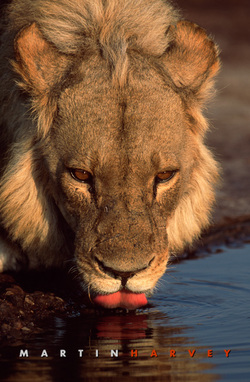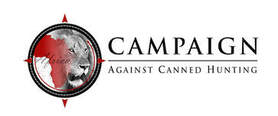
Why is the real conservation community so helpless? Because it lacks money - the billions of dollars needed to buy the land and infrastructure needed to preserve natural functioning ecosystems.
Look at the money that hunters throw around. Foreign and local hunters directly and indirectly generated R6,2bn in revenue in 2010, environmental affairs minister Edna Molewa noted in her 2013/2014 budget vote speech.
Setting record prices has become the norm for SA's wildlife industry in its quest for the ultimate trophy animal i.e. the one with the biggest horns. These high prices account for a large part of the sales at wildlife auctions in SA rising from R60m in 2006 to R864m in 2012, a trend game-breeding players predict will continue.
At the forefront of soaring prices are what Wildlife Ranching SA (WRSA) terms "rare species". These include buffalo, sable antelope, roan antelope and Livingstone eland, which accounted for a combined R689m (80%) of sales in 2012. Average price rises since 2006 ranged from 270% for roan to 670% for buffalo.
Prices for cross-bred mutant antelope are impressive. Topping the list is a king wildebeest sold for R5,1m, the fourth-highest price achieved at a game auction. In sixth position is a gold wildebeest, sold for more than R1,8m. It does nothing for game conservation.
How to counter Big Money?
Answer: Get some Big Money of your own.
I engage with all sorts of people on social media. Here is a typical rant from a post by a hunter:
The hunting industry puts it to you , if phototourism is the best land use and most viable use of the Botswana natural resource, then why are you afraid to open the tender process to multiple use, why not level the playing fields if you are not scared and are so sure photo tourism will out perform hunting ??.
In the Kalahari you successfully closed lion hunting and subsequently all hunting and the concessions there lost an annual income of over P500 000-00 per annum plus 75 jobs per concession, the land is about to be rezoned and all the wildlife will be in serious danger, there has been three photo tourism sites put out on tender and not a single photo tourism company has stepped forward. What about you just keep your previous word and replace what was lost when you closed hunting in those areas before the grandeur of Northern Botswana.
This may be an ungrammatical rant, but it does make an important point: if you stop hunting in Wilderness areas, who is going to fund the preservation of that wilderness? From other posts on LinkedIn etc we know that there are vast tracts of land, in Northern Mozambique, Botswana, Namibia etc, available for non-hunting concession. Yet these concessions are never taken up because they are not suitable for ecotourism; too remote, too undeveloped; too flat and too many pests such as Tsetse fly. See this thoughtful article in Africa Geographic to see what we real conservationists are up against.
http://blog.africageographic.com/africa-geographic-blog/hunting/trophy-hunting-in-the-context-of-community-conservation/#!
But with a few hundred million dollars, we could take up these concessions, not for 5-star tourism, but to protect them for their own sakes. On-going upkeep would need teams of rangers for anti-poaching and that would provide an income for locals. Adventure tourism could flourish, and scientific research could contribute.
But where are the philanthropists? (other than heroes like Phil Wollen)
Without serious money flowing in to support such non-hunting initiatives, the wildlife will continue to be hunted and poached to regional extinction.
It is a Schindlers List situation: we buy their lives or they perish.
Come on, philanthropists.
